5 Tips to Survive the Holiday Season with Food Allergies
The holiday season is full of cheer, but if you have food allergies, it can be a nerve-wrecking time of year. This year, feel confident navigating any situation with my expert-approved top tips to survive the holiday season with food allergies!
The holiday season is HERE, which means family dinners, entertaining, presents, and don’t forget the CHEER! They say it’s the most wonderful time of the year, and I TOTALLY agree!
But for those of us with food allergies, large holiday dinners, office potlucks, friendsgiving, and holiday parties can be overwhelming, anxiety-inducing and all around a nervous time of year. And imagine that on top of going to your new bae’s home for the holidays for the first time!?! I’ve been there… yikes!
So, I want you to survive the holiday season with food allergies and peace of mind, so I’m whipping out my food allergy expert tools from my toolbox to walk you through how you can do just that!
Here are my 5 top tips to survive the holiday season with food allergies…
1. Always ask questions!
Nothing will replace a good ol’ Q & A! For every food you eat, that you do not prepare yourself, always ask about the ingredients used, preparation techniques and any chance of cross contamination (more on that point below).
Is this tedious? Yes! Can it save your life? YES! Would you rather be annoying then have Christmas memories in the hospital? YES!!!
Remember: You are your own best advocate – so speak up for yourself!
Even if a traditional family recipe graces your Thanksgiving buffet, you never know if Aunt Ida (my go-to for all holiday family-related occasions) decided to throw in something new this year to “jazz” things up! With the growing popularity of the Food Network, Tasty-style food videos, and an overall interest in cooking, home cooks are now, more than ever, into new ingredients, techniques and experimentation.
Here’s what I do… My own aunt has known about my food allergies since I was 2 years old, but still, every single time she hosts a holiday, I ask if there’s anything I can’t eat before the food is served. Then, I sometimes ask again if there’s a particular dish I’m curious about or doubt (Hey, it’s ingrained in us to be skeptical – and that skepticism can save your life one day!). Does my aunt roll her eyes at me and give me the same “You know I don’t use nuts when you’re here…” shpeal every time? YES! But hey, it makes me feel better, and I’m pretty sure she can’t get annoyed knowing that!
2. Bring a “safe” food wherever you go
If you’re going to a close relative or friend’s home for the holidays, they probably know about your food allergy and may take it into consideration when planning their holiday menu (a la my aunt mentioned above).
Remember: Even if you feel comfortable where you are, never get lazy!!!
If you have a new food allergy, or are headed someplace new for the holidays, it can be daunting to survive the holiday season with food allergies.
One of the easiest ways to feel safe eating food at the holidays is by DIY-ing! Is it as fun? Sometimes, no, BUT, you can at least feel safe knowing you won’t have a reaction over Thanksgiving dinner and can avoid being rushed to the hospital that is probably understaffed!
No matter where you’re invited, here’s why you should bring a “safe” dish that you feel confident eating…
- To take away worry of being hungry
- To have a full plate, so you don’t have to answer questions from anyone about “that’s all you’re eating?” (If you’ve been here before, share your story in the comments below – I’d love to hear from you!)
- To share a delicious food allergy-friendly dish with family and friends
Sharing a safe food doesn’t have to be obvious either… Say you found a delicious, hearty side dish that you wanted to share (that just so happens to be dairy free, if you need to avoid dairy!), or you wanted to share your family’s apple crisp recipe (that you can enjoy confidently enjoy knowing it’s free from nuts)… you get the picture!
Here are some of my food allergy friendly favorites, all free from the top 8 major allergens, in case you’re looking for something new for your Thanksgiving table:
Herb Roasted Carrots
Roasted Carrot Apple Soup
Kale Salad with Roasted Apples
3. If you can’t read it, don’t eat it!
I don’t know about you, but I love giving homemade holiday gifts. Nowadays, my gifts come in the form of FOOD (I even collect inspiration year-round on my Pinterest board dedicated to edible gifts!). The reason I’m not such a fan of being on the receiving end of these gifts is because they often come without an ingredient label. And to steer clear of an allergic reaction, I (and you should too!) avoid any food/item that does not come with an ingredient label.
Remember: If you can’t read it (the ingredient label), don’t eat it!
Sure, not being able to partake in the office potluck sucks – I’m not going to lie! And yes, you may experience some food bullying because of it – again, not going to lie. BUT, you’ll be safe… and that’s our number one priority!
4. Don’t forget about cross contamination!
Case in point: Just because the pumpkin pie is nut-free, doesn’t mean the food processor used to process the graham cracker crust hasn’t been used with nuts before!
Did I just freak you out a little? This is one of the most difficult aspects of having food allergies. Sure, you can be a diligent ingredient label reader and always ask appropriate questions to avoid any allergen exposure, but cross contamination can be out of your control — which is one of the scariest parts of having food allergies.
Remember: It’s OK to ask detailed questions about how food is prepared. Even better, call the host before the holiday to chat about your allergies and what’s being served.
Restaurants do a good job of separation to avoid cross contamination, but at least they have (or should have) adequate food allergy training to know the severe consequences of not being mindful of cross contamination.
Home cooks without food allergies likely have NO CLUE about cross contamination. Even when I work with families with newly diagnosed food allergies, they don’t always think about cross contamination.
Yes, thoroughly cleaning kitchen utensils with liquid or bar soap and warm water or in the dishwasher is considered best practice, but this doesn’t mean it’s foolproof if not done 100% correctly. Even more, consider this: One study found that sanitizing hands with antibacterial hand sanitizer left detectable levels of peanut allergens on half of study participants hands. Liquid or bar soap and commercial wipes were found to be very effective, and thus considered best practice.
This is why bringing your own “safe” food is so important… because if you arrive to Aunt Ida’s and see open containers of this and crumbs of that everywhere, you may be a little skeptical (and still want to feel safe!).
5. Never leave home without your life-saving epinephrine (EpiPen or equivalent)
If you have life-threatening food allergies (a la moi!), never, ever, ever, leave home without your life-saving epinephrine. Your life is too precious and special to have a mistake cost you your life.
Being born with or developing food allergies sucks – no sugar coating here (it’s that important!). You always have to be on high alert. But forgetting the tools that can save your life when you’re not home because it’s “annoying” to carry around just isn’t an excuse.
Remember: Your safety is my number one priority.
But I don’t want to scare you. I’m almost 29 and have had almost that many EpiPens throughout my life. Not once have I had to use it.
If you’re diligent, smart, inquisitive and your own best advocate, you can live a perfectly normal life… and survive the holiday season with food allergies!
It can be hard to rely on other people throughout the holiday season (or any day, really)! I get it… which is why I’m SO passionate about advocating and educating others about food allergies. If you or someone you know could use help learning about how to handle their food allergies, contact me today – I’d love to work with you so you can feel confident navigating your world with allergies and eat safely!
XO


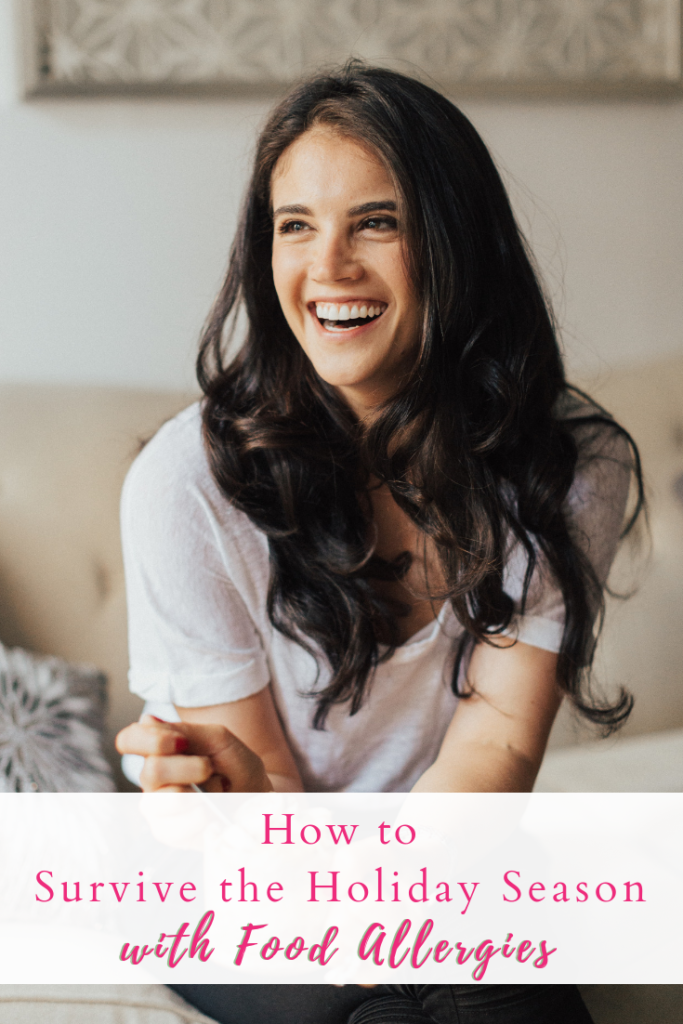
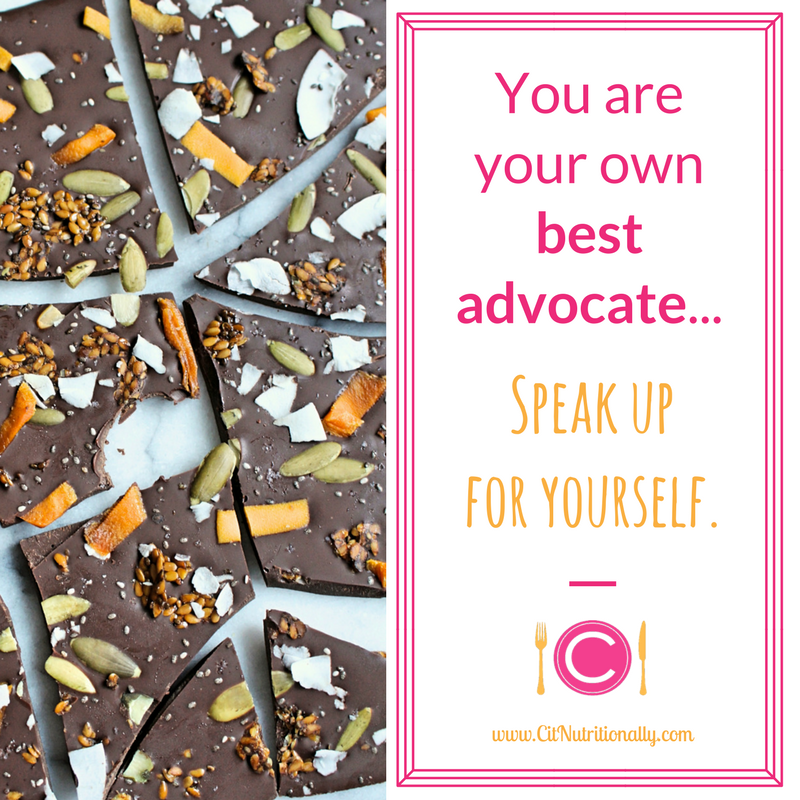
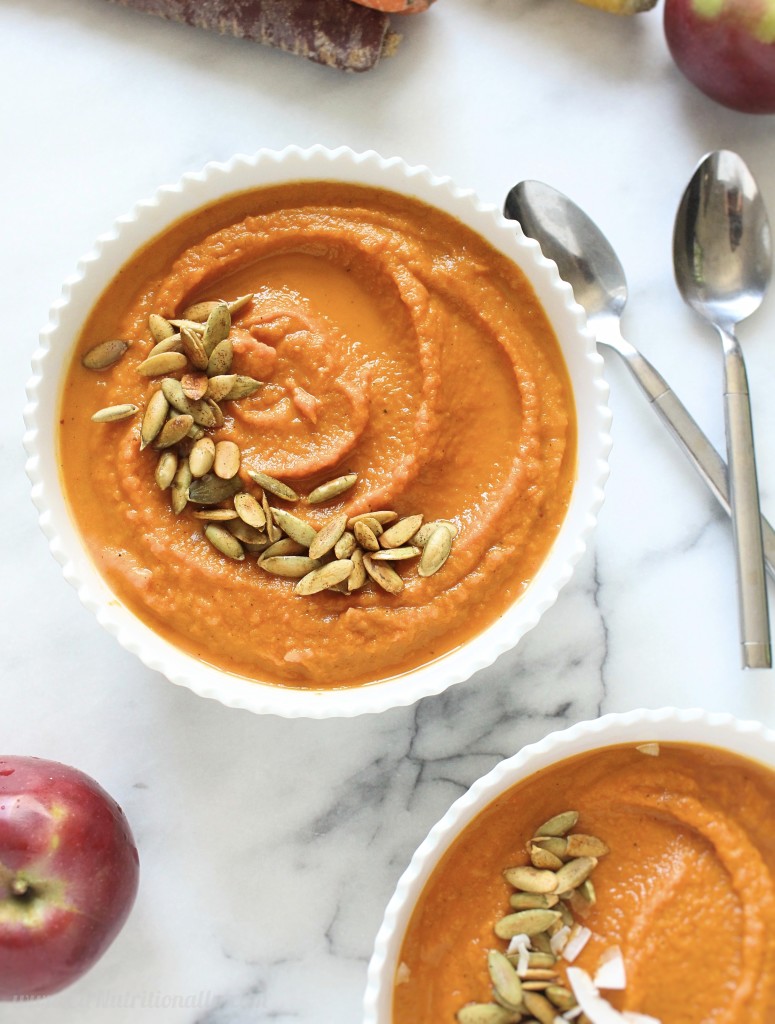
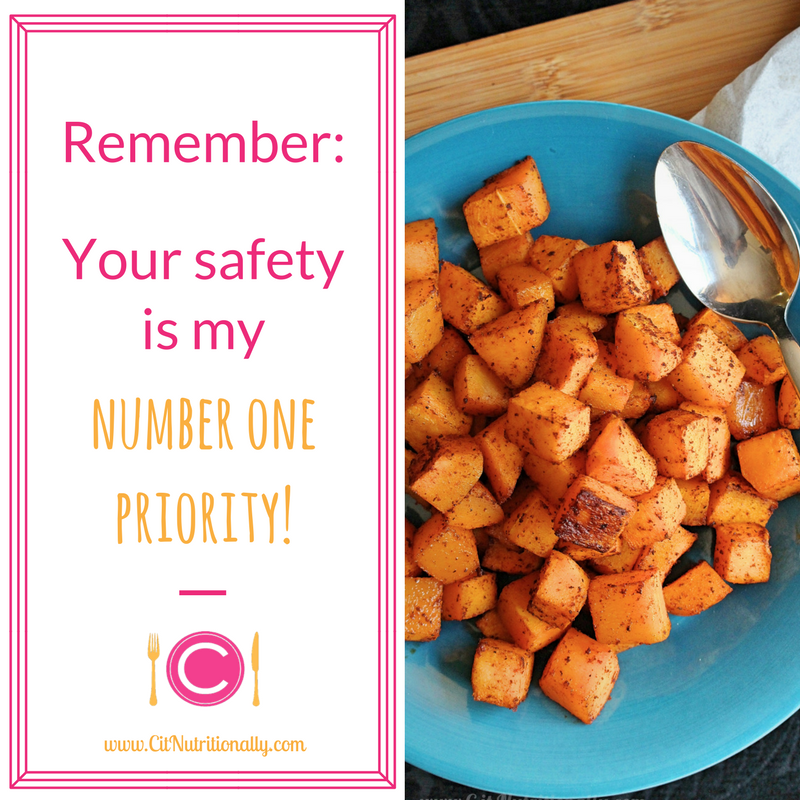
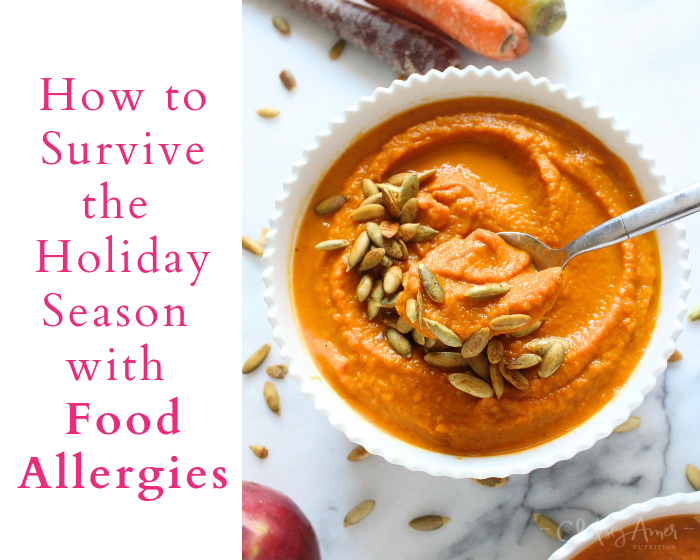
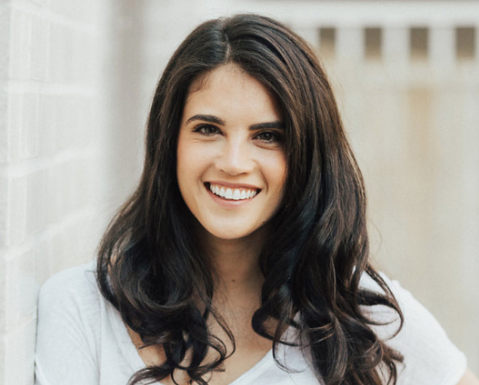 Hi there!
Thanks for stopping by! I'm Chelsey, an online Registered Dietitian, recipe developer, budding photographer, and coffee addict! My mission is to help you feel good through food by answering the question "What should I eat?" Let's make nutrition approachable!
I hope you enjoy my personal collection of simple, healthy, food allergy friendly and nutritiously delicious recipes, plus tips and tons of tricks that will help YOU live a nutritionally-balanced life! I look forward to getting to know you better...
Hi there!
Thanks for stopping by! I'm Chelsey, an online Registered Dietitian, recipe developer, budding photographer, and coffee addict! My mission is to help you feel good through food by answering the question "What should I eat?" Let's make nutrition approachable!
I hope you enjoy my personal collection of simple, healthy, food allergy friendly and nutritiously delicious recipes, plus tips and tons of tricks that will help YOU live a nutritionally-balanced life! I look forward to getting to know you better...








These are great tips for vegans/vegetarians too!
Thank you so much Becca! These tips can definitely apply to any dietary restrictions.